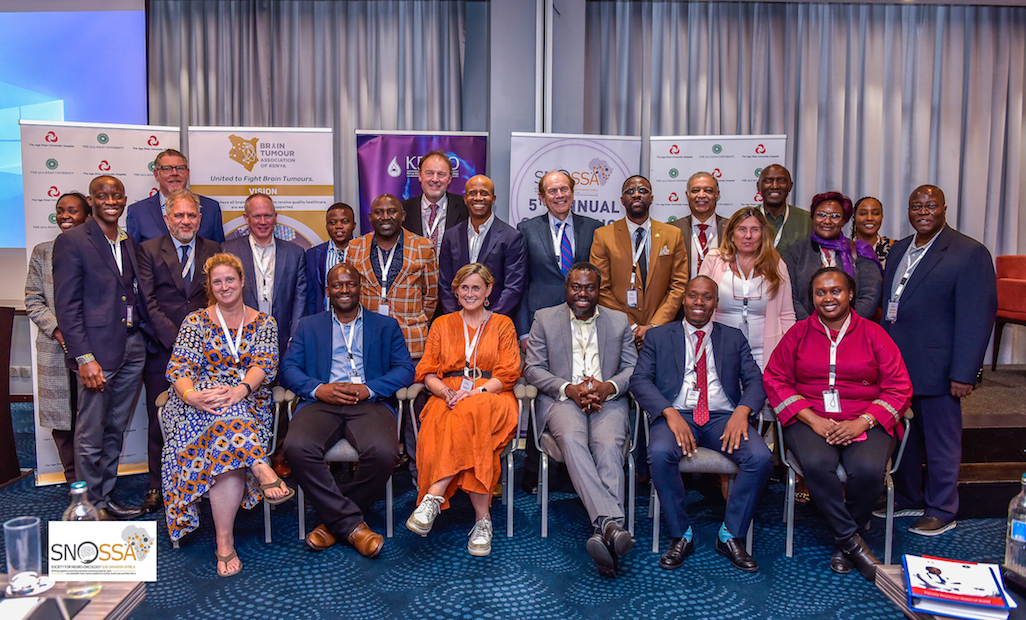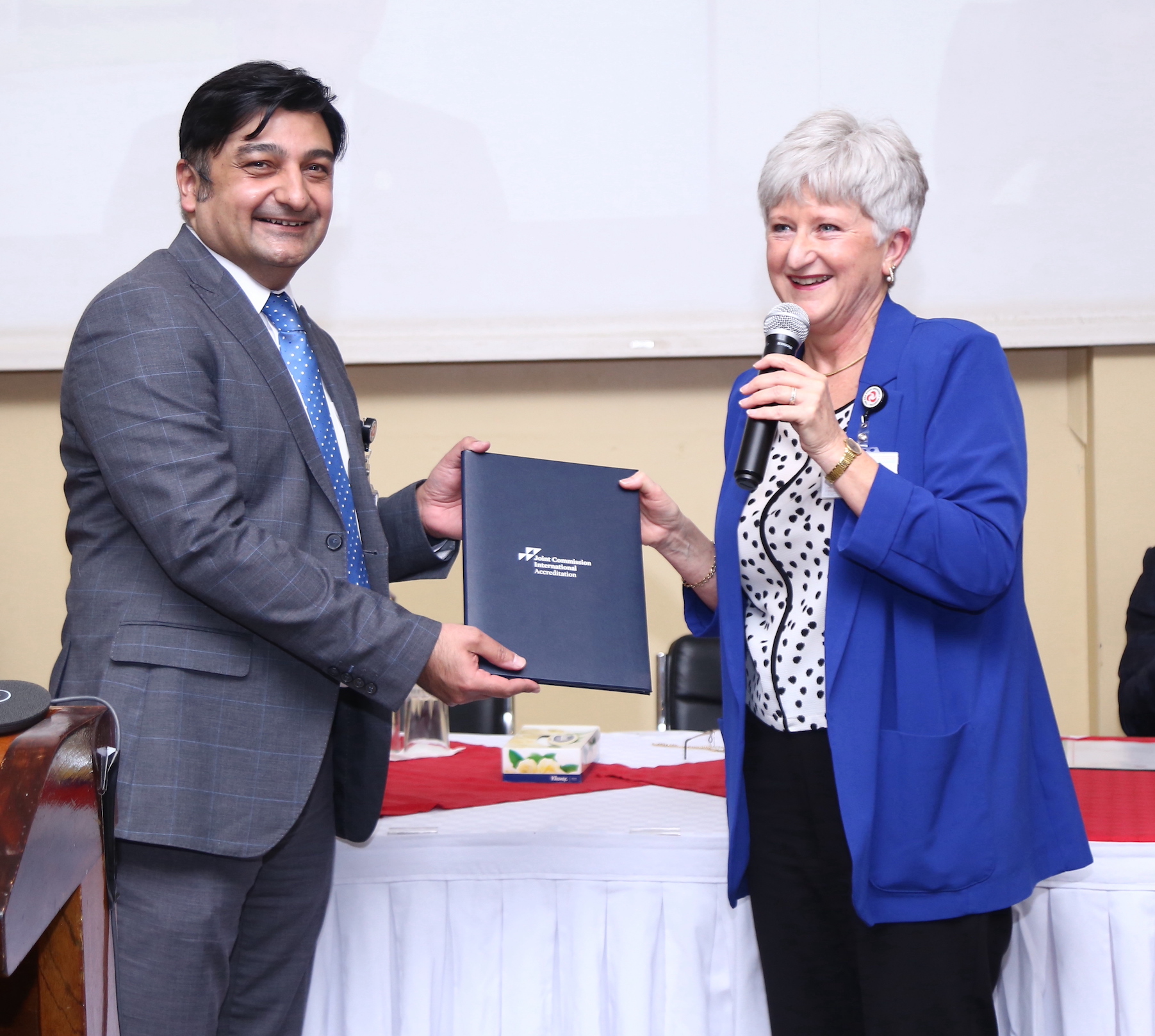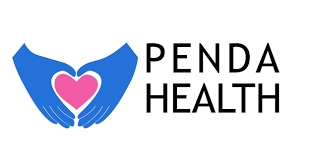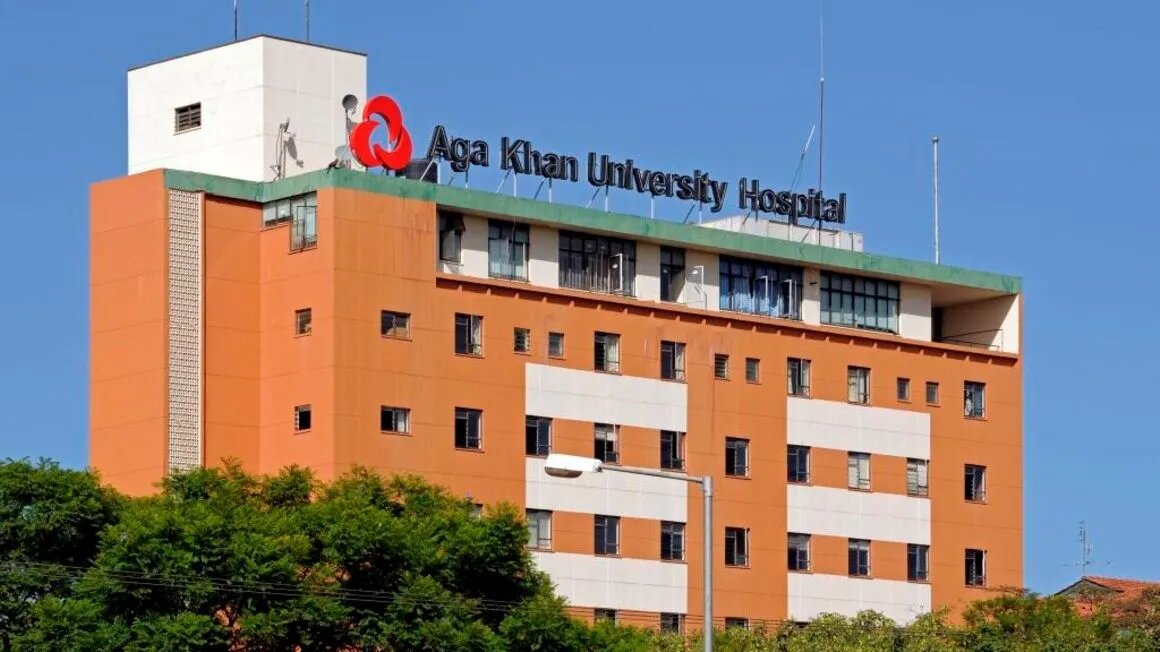Health practitioners and patient advocates from across Africa gathered in Nairobi for the 5th Society for Neuro-oncology in sub-Saharan Africa conference to discuss how to improve care for patients with brain and spine tumours.
Even as the experts from the continent take stock of the capacity of care, just how well equipped is Kenya to provide effective neuro-oncology care?
What is the local capacity for neuro-oncology care?
This depends on what the problem is. Most of the requirements needed for diagnosis, treatment and rehabilitation are now available locally. As local health professionals, we often seek guidance on treatment options on the patient’s behalf with our colleagues overseas and would be able to advice if care abroad is required. However, these instances are rare and largely quality neuro-oncology care is available in Kenya.
Over the years, we have expanded the number of public health facilities that offer Neuro-oncology care in major cities including Nairobi, Mombasa and Kisumu. Some hospitals like Aga Khan University Hospital, Nairobi where I work have a full complement team of specialists with the ability to do extended testing on tissues and a multidisciplinary approach to neuro-oncology care.
How advanced is Kenya when it comes to neuro-oncology technology?
Kenya has made significant strides in availing critical technology required for optimum advance neuro-oncology care in different facilities. Positron emission tomography (PET) CT Scan services are available in 2 facilities – Kenyatta University Teaching, Referral and Research Hospital and Aga Khan University Hospital. Several hospitals now have a cathlab, an essential facility for interventional procedures, while essential MRI services are readily available across the country. Neuro-navigation equipment is also available locally.
What is the capacity of neuro-care specialists in Kenya?
For correct and timely diagnosis Kenya needs to do more. The country currently has 4 neuro-radiologists, two of whom are based in Nairobi at Aga Khan University Hospital. However, it would be good to highlight the successful team approach to neuro-care, a key optimum care.
At Aga Khan University Hospital for example, we have the support of our neuro-pathology colleagues to review the tissue whilst we are in theatre to ensure we have the correct specimen (frozen section – the only centre in the region doing this). Our anaesthesiologists have specialist training in neuro-anaesthesia. Some patients need endo-vascular care and we have the only fully operational endo-vascular service in the region.
Our pathologists do extended immunohistochemistry tests in line with the international WHO standards. In addition, we have oncologists and radio-oncologists who are able to provide the required post-operative care usually in an outpatient setting making it easier for the patient and familly. This also ensures that the patients receive the care they need timely. We need to duplicate this kind of team approach in more facilities.
How would you rate access to neuro-oncology care?
Access to Neuro-oncology care has substantially improved with 9 public neuro-surgical sites and many more oncology sites. We have many centres with radiological investigative capabilities. `The challenge is in our patients knowing where these services are located as often patients have serial visits before they get to the right specialist’s care.
When it comes to knowledge sharing, the Society for Neuro-oncology sub-Saharan Africa already runs a monthly webinar series for continuous medical education. It partners with larger and more established Neuro-oncology societies like Society of Neuro-oncology (SNO) in North America and the European Association of Neuro-oncology (EANO) to expand our educational and technical knowhow of problems affecting patients and how we can improve treatment outcomes.
Is there research and training locally available to grow the practice?
We do clinical research reporting on patient outcomes. However, we need a more robust research collaborative network to do better powered studies, increase access to research grants and upskill our research capacity. The next big step will be to be the ones driving the research agenda by establishing studies that answer pertinent questions for our patients in disease prevalence, tumour genomics, access to care, health economics, treatment side effects, patient satisfaction and compliance.
Aga Khan University has established a Clinical Research Unit that is doing clinical trials presently at international standards in oesophageal, breast tumours and multiple sclerosis. We now need to develop and partner in Neuro-oncology clinical trials and we are actively looking out for international partners for the same. At the same time, the University’s Brain and Mind Institute is developing a wide collaborative network of neuroscience research with more exciting announcements coming with the inaugural conference in November this year in Kenya. Additionally, Aga Khan University also has a medical oncology fellowship which is a start in upskilling doctors.
With regards to training, we need neuro-oncology nurses and therapists training. Apart from medical oncology fellowships, we need post-graduate Neuro-oncology fellowship training opportunities in all the relevant specialties – radiology, neurosurgery, anaesthesia, pathology, oncology, radio-oncology and palliative care). It is important to note that local or regional training is the best way to retain the technical expertise and also develop culturally sensitive care.
Are there any gaps and what can be done?
We have made great strides in the last 20 years but there are still gaps. We need clearer and heightened public education for patients to know where to access care because we have people who are not aware that we have the capacity to handle neuro-oncology problems locally.
Secondly, many communities have strong beliefs around brain and spine diseases which are often pessimistic or shrouded in spiritual beliefs around curses or the evil eye. Often, these patients seek alternative care that leads to poor outcomes or only seek care when the neurological problems are much advanced and difficult to treat. However, if we can advocate for earlier presentations and for the community to have faith in the treatment process locally, we would have substantially better outcomes.
The other gap is in training because much of the training has focused on doctors. Though we still need to substantially ramp up training in the region for doctors, there is currently no Neuro-oncology training for nurses. The backbone of care is multidisciplinary with nurses and other therapists as a fundamental component of the same. So we need to have dedicated nurse training as well as therapists (occupational therapy, physiotherapy and speech and language therapists) training in the region.
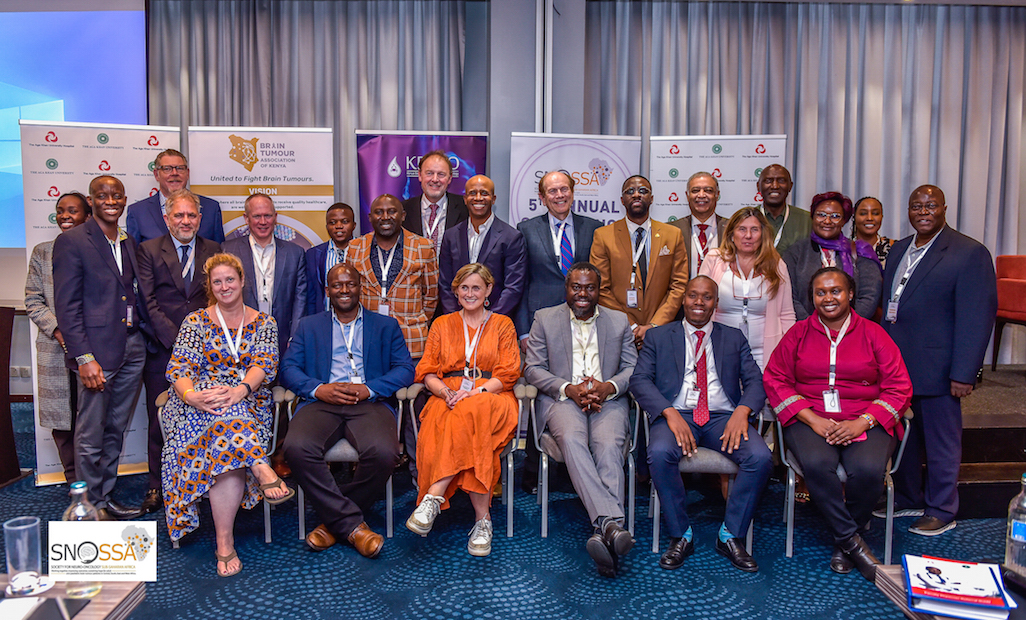
At national level we need to increase our human resource capacity in Neuro-oncology to meet the growing demand. Partnership with the National Cancer Institute (NCI), Kenya Society for haemato-oncology (KESHO) and Brain tumour alliance of Kenya (BTAK) are important to achieve this. Bringing all the stakeholders to the table amplifies our capacity to collaborate and advocate for improved patient care.
The Writer, Dr Beverly Cheserem is a Consultant Neurosurgeon at Aga Khan University Hospital and Chair, Organizing Committee, 5th Society for Neuro-oncology in sub-Saharan Africa conference.


